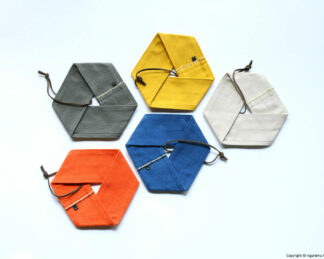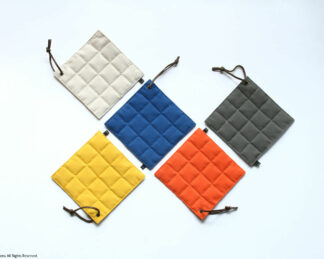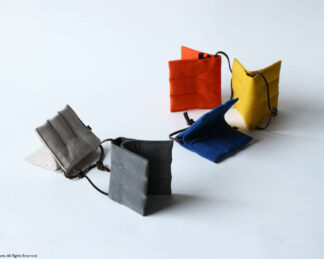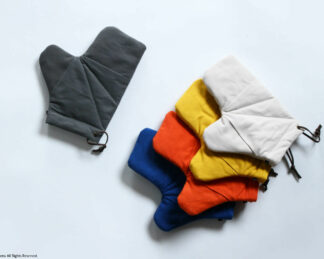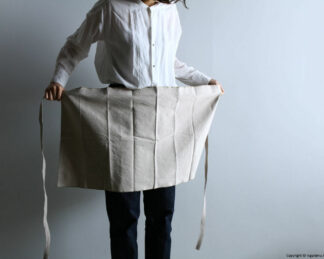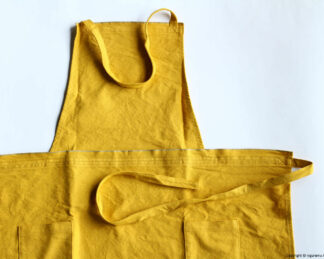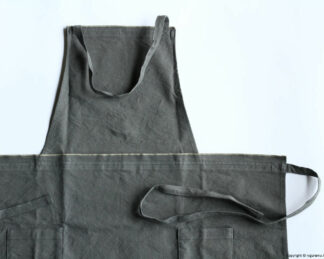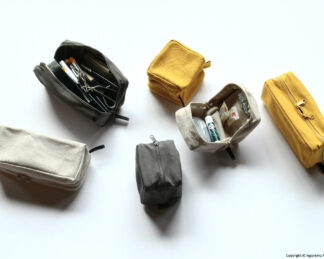“JOBU” was born in Kurashiki, where 70% of canvases in Japan is produced. They only use original canvases which are different in fabrics, sizes, thickness and methods of dyeing depending on the items.
Canvases had been used for various purposes before synthetic fabrics were invented. The thickness of the fabrics varies depending on the number of the twisted threads. The history of canvases is old. They were already used for boats during the Muromachi era. Now they are used for familiar tools such as trucks, industrial belt conveyers and milk bags.
Canvases are woven with thick twisted threads and have rough texture, which is one of the charms. The canvases woven with a shuttle loom especially have a character that modern automated machine cannot create. Shuttles open up air holes between threads and create air beds and soft texture. Shuttle looms are disappearing as efficiency is winning over but “JoBu” continues using shuttles. The “Selvedge”, weft threads found on the sides of the fabrics are the proof that this product is made with a shuttle loom.
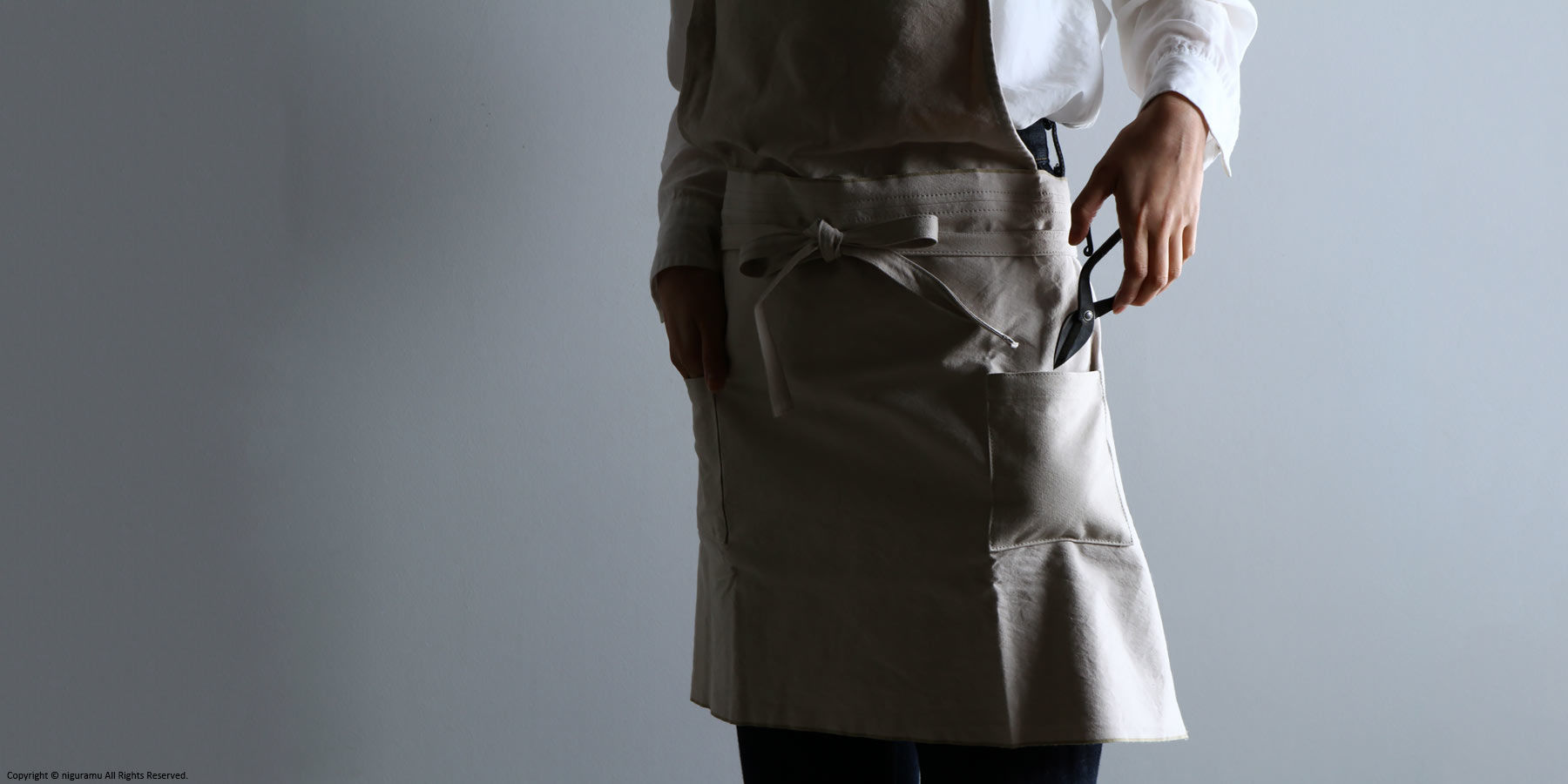
Showing all 8 results
-
JOBU, Potmat hexagon
¥2,420 -
JOBU, Potmat square
¥2,090 -
JOBU, Potholder
¥2,420 -
JOBU, Oven mitt
¥3,300 -
JOBU, Apron cafe
¥6,600 -
JOBU, Apron long-M
¥8,140 -
JOBU, Apron long-L
¥8,140 -
JOBU, Block pouch
¥2,860 – ¥3,520
Showing all 8 results



